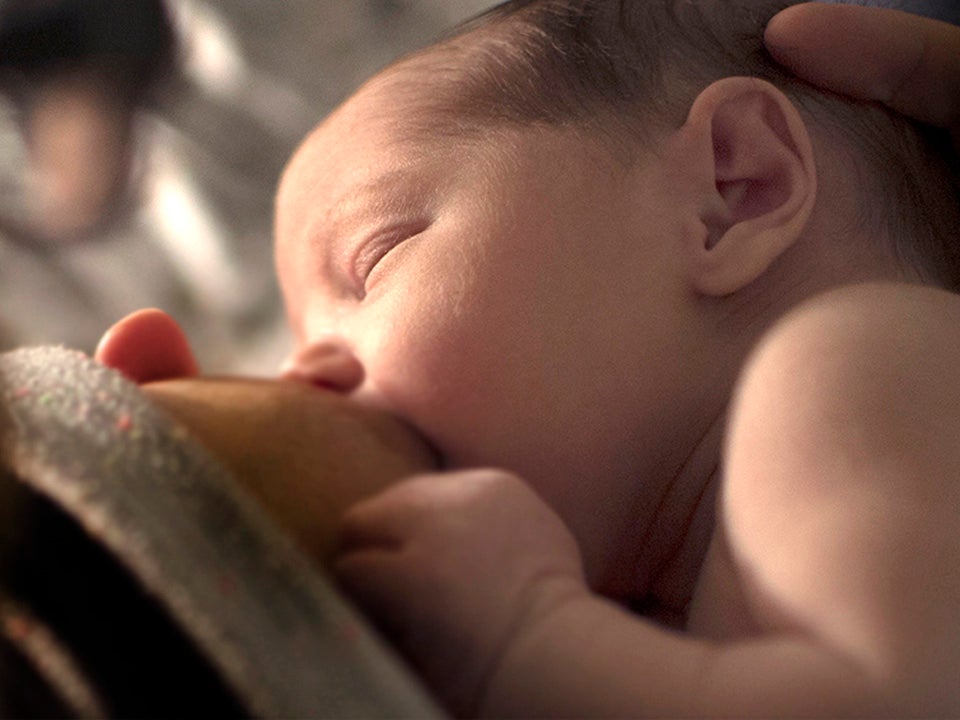Covid Breast milk of vaccinated mothers contains antibodies, study shows
More research is needed to determine the effects of the antibodies on infants’ immunity

Your support helps us to tell the story
This election is still a dead heat, according to most polls. In a fight with such wafer-thin margins, we need reporters on the ground talking to the people Trump and Harris are courting. Your support allows us to keep sending journalists to the story.
The Independent is trusted by 27 million Americans from across the entire political spectrum every month. Unlike many other quality news outlets, we choose not to lock you out of our reporting and analysis with paywalls. But quality journalism must still be paid for.
Help us keep bring these critical stories to light. Your support makes all the difference.
Breast milk from mothers who have received a Covid-19 vaccine contains antibodies, which may potentially protect nursing infants against infection, astudy has found.
University of Florida researchers said their findings could have a positive influence on vaccination rates for pregnant and lactating women, for whom vaccines have been deemed safe but many remain hesitant.
“A lot of mums, pregnant women, are afraid to get vaccinated. They want to do what’s best for their babies,” said Dr Josef Neu, study co-author and professor in the UF College of Medicine’s Department of Pediatrics and Neonatology. He added: “This is something that we wanted to know, whether it may actually provide some benefit”.
Senior study author Dr Joseph Larkin III said that because babies are born without a fully developed immune system and are too young to be vaccinated, they are more vulnerable to diseases. But he says breast milk can help to strengthen immunity against infection.
“Milk is a dynamic substance,” he said. “So, in other words, what the baby and the mum [are] exposed to in the environment, there are changes in the milk that correspond to these environmental conditions, and these can then specifically help the baby.”
The study analysed the breast milk of 21 lactating mothers who worked in the health care field. Participants were enrolled in the study from December 2020, when Pfizer and Moderna vaccines became available to health care workers, and lasted until March.
The mothers’ blood and breast milk were tested at three intervals for antibodies – before vaccination, following the first vaccine dose, and following the second dose.
Scientists found that in breast milk, there was a 100-fold increase in immunoglobulin A antibodies, which play a crucial role in immune function and fighting off infection, following the second dose.
The study found that study participants who received the Pfizer vaccine had more antibodies in their breast milk when compared with those who received the Moderna vaccine, but noted that further more extensive studies would be needed to confirm these findings.
The researchers acknowledged their study did not determine whether and to what extent the antibodies found in the breastmilk effectively protected infants against Covid-19. But the scientists said that these were research areas they were actively exploring.
Subscribe to Independent Premium to bookmark this article
Want to bookmark your favourite articles and stories to read or reference later? Start your Independent Premium subscription today.
Join our commenting forum
Join thought-provoking conversations, follow other Independent readers and see their replies
Comments